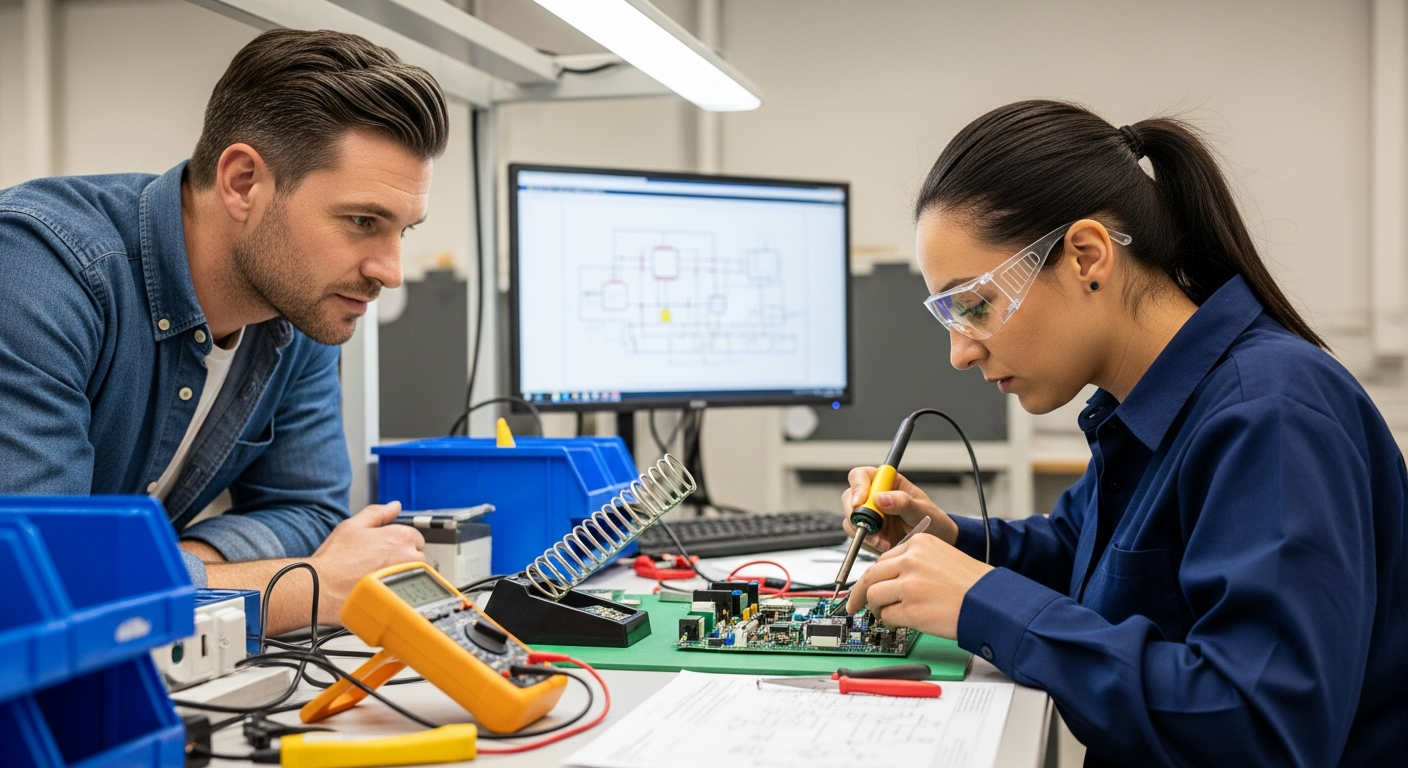From Oil to Lithium: The Changing Landscape of Automotive Fuels
Introduction: What fuels our cars has always been a topic of considerable importance. With the declining oil reserves and the increasing environmental concerns, the automotive industry is witnessing a shift towards alternative fuels. One such alternative stealing the limelight is lithium. The potential of lithium as a new-age automotive fuel is a topic that needs a deep dive.

The Journey of Automotive Fuels: A Glimpse into History
The evolution of automotive fuels has been quite a journey. The first automobiles ran on steam, electricity, or gasoline. However, gasoline soon became the fuel of choice due to its energy density and ease of use. Diesel engines entered the picture in the early 20th century, offering better fuel efficiency. Despite these advancements, burning fossil fuels has always come with environmental drawbacks, leading to a search for greener alternatives.
Lithium: The New Face of Automotive Fuels
Lithium, a lightweight, highly reactive metal, has emerged as a promising alternative fuel source. Lithium-ion batteries are already powering electric cars, laptops, and smartphones. These batteries offer high energy density, long life, and the possibility of rapid charging, making lithium a strong contender in the race for the automotive fuel of the future.
Industry Trends: Shift Towards Lithium
Lithium’s potential is now being acknowledged by the automotive industry. Major automakers are investing heavily in lithium-ion technology for electric vehicles. The demand for lithium is expected to triple by 2025, driven by its usage in electric car batteries. The shift towards lithium is not just restricted to passenger cars but is also witnessing traction in commercial vehicles and two-wheelers.
The Impact of Lithium on the Automotive Industry
Lithium’s rise as an automotive fuel is transforming the industry in many ways. It’s encouraging the development of electric vehicles, pushing automakers to innovate, and reshaping the global automotive supply chains. The benefits are clear: less reliance on fossil fuels, reduced emissions, and a step towards sustainable mobility. However, challenges such as battery disposal and the need for extensive charging infrastructure cannot be ignored.
The Road Ahead: Embracing the Lithium Era
As the automotive world embraces lithium, the road ahead is filled with possibilities. Developing more efficient lithium-ion batteries, creating a robust charging infrastructure, and addressing the environmental impact of lithium mining are some of the areas that need attention. The transition to lithium is bound to bring its own set of challenges, but the potential rewards are significant.
The shift from oil to lithium represents not just a change in automotive fuels but a transformation in how we perceive mobility. As we move towards a more sustainable future, lithium stands as a beacon of hope, promising to fuel our cars and our dreams for a greener tomorrow.






